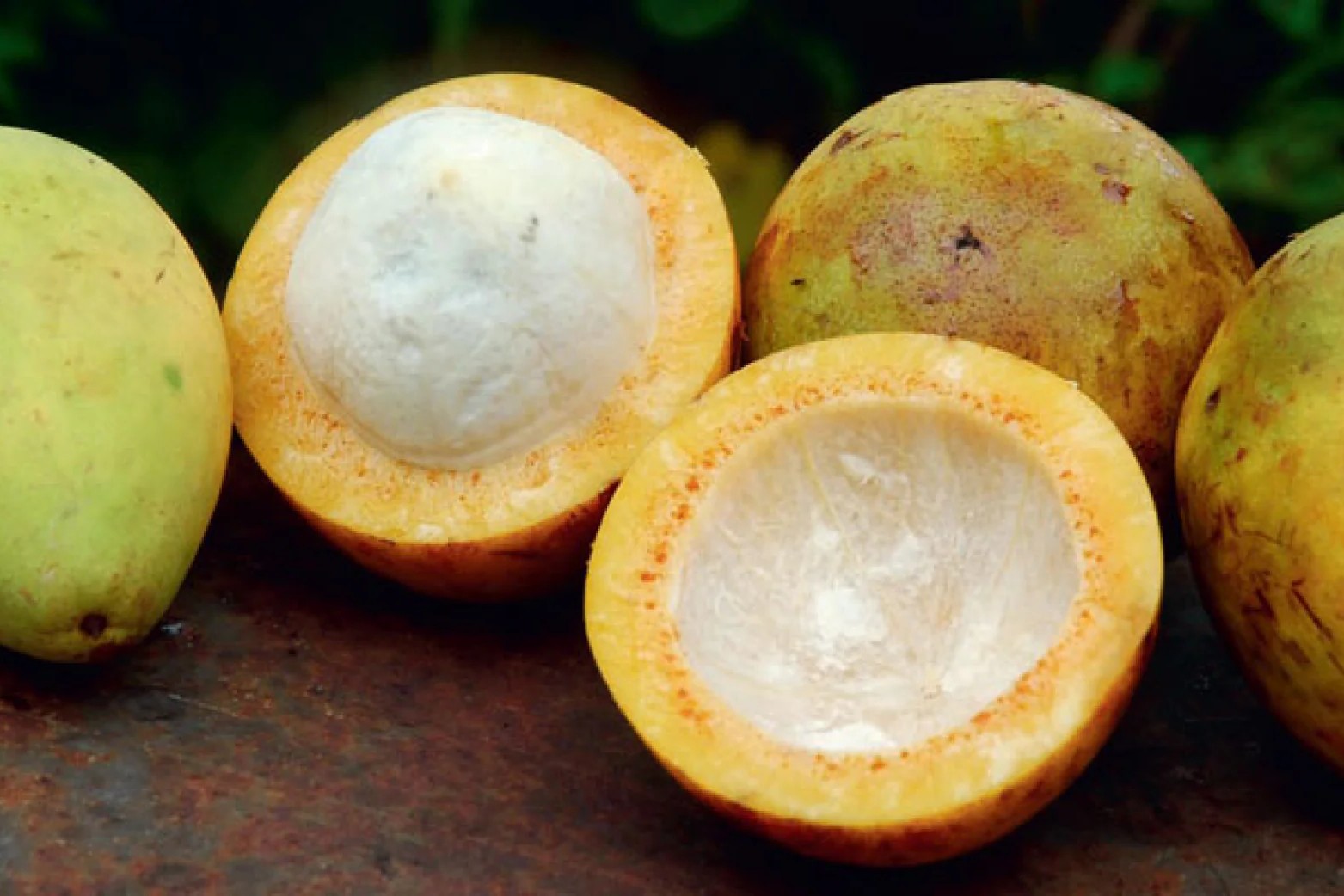
Bacuri is a tropical fruit that many people have never heard of, but it holds a treasure trove of interesting facts. Native to the Amazon rainforest, this fruit is known for its thick, yellow rind and creamy, white pulp. Bacuri is not just tasty; it’s packed with nutrients and has been used in traditional medicine for centuries. The fruit is rich in vitamins, minerals, and antioxidants, making it a superfood in its own right. Its unique flavor, often described as a mix between banana and passion fruit, makes it a favorite in various culinary dishes. Whether you’re a fruit enthusiast or just curious about exotic foods, learning about Bacuri will surely pique your interest.
What is Bacuri?
Bacuri is a tropical fruit native to the Amazon rainforest. Known for its unique taste and numerous health benefits, it has gained popularity in various parts of the world. Let's dive into some fascinating facts about this exotic fruit.
Bacuri's Origin and Habitat
Understanding where Bacuri comes from helps appreciate its uniqueness.
- Bacuri is native to the Amazon rainforest, specifically found in Brazil, Peru, and Colombia.
- The tree thrives in tropical climates with high humidity and rainfall.
- Bacuri trees can grow up to 25 meters tall, making them quite impressive in size.
- The fruit has a thick, yellowish-brown rind that protects its juicy interior.
Nutritional Benefits of Bacuri
Bacuri isn't just tasty; it's packed with nutrients that can benefit your health.
- Bacuri is rich in vitamins A and C, which are essential for immune function and skin health.
- The fruit contains significant amounts of calcium and phosphorus, promoting strong bones and teeth.
- Bacuri is a good source of dietary fiber, aiding in digestion and preventing constipation.
- The fruit's antioxidants help combat free radicals, reducing the risk of chronic diseases.
Culinary Uses of Bacuri
Bacuri's unique flavor makes it a versatile ingredient in various dishes.
- In Brazil, Bacuri pulp is often used to make ice cream, juices, and desserts.
- The fruit's tart and sweet flavor pairs well with both sweet and savory dishes.
- Bacuri can be used to make jams and jellies, adding a tropical twist to breakfast spreads.
- The seeds are sometimes roasted and ground to create a unique seasoning.
Traditional and Medicinal Uses
Beyond its culinary uses, Bacuri has been utilized in traditional medicine for centuries.
- Indigenous tribes in the Amazon use Bacuri to treat skin conditions like eczema and psoriasis.
- The fruit's oil is believed to have anti-inflammatory properties, helping to reduce swelling and pain.
- Bacuri pulp is sometimes applied to wounds to promote faster healing.
- The fruit is also used as a natural remedy for digestive issues, such as diarrhea and stomach cramps.
Bacuri in Modern Research
Scientific studies are beginning to uncover more about Bacuri's potential health benefits.
- Research suggests that Bacuri oil may have antimicrobial properties, making it effective against certain bacteria and fungi.
- Studies indicate that Bacuri extract could help lower blood sugar levels, beneficial for people with diabetes.
- Preliminary research shows that Bacuri might have anti-cancer properties, though more studies are needed.
- The fruit's antioxidants are being studied for their potential to protect against neurodegenerative diseases.
Environmental Impact of Bacuri Cultivation
Growing Bacuri can have positive effects on the environment.
- Bacuri trees help maintain the biodiversity of the Amazon rainforest.
- The trees' extensive root systems prevent soil erosion, protecting the forest floor.
- Bacuri cultivation supports sustainable agriculture practices, providing income for local communities.
- The fruit's popularity encourages the preservation of natural habitats, reducing deforestation.
Fun Facts About Bacuri
Here are some quirky and interesting tidbits about Bacuri.
- Bacuri's scientific name is Platonia insignis, a nod to its unique appearance and significance.
- The fruit's pulp is so sticky that it's often compared to glue, making it a fun challenge to eat.
- Bacuri is sometimes called "the golden fruit" due to its rich, yellow pulp.
- The fruit's aroma is so strong that it can fill an entire room, making it a natural air freshener.
Bacuri's Hidden Wonders
Bacuri isn't just another tropical fruit. Packed with nutrients, it offers a unique blend of health benefits. From its rich vitamin C content to its antioxidant properties, bacuri can boost your immune system and improve skin health. The buttery pulp is not only delicious but also versatile, used in everything from desserts to skincare products. Its medicinal uses in traditional medicine highlight its importance in various cultures. Plus, the tree's bark and seeds have their own set of benefits, making the entire plant valuable. Whether you're looking to try something new or seeking natural remedies, bacuri is worth exploring. So next time you spot this exotic fruit, give it a try. You might just find a new favorite.
Was this page helpful?
Our commitment to delivering trustworthy and engaging content is at the heart of what we do. Each fact on our site is contributed by real users like you, bringing a wealth of diverse insights and information. To ensure the highest standards of accuracy and reliability, our dedicated editors meticulously review each submission. This process guarantees that the facts we share are not only fascinating but also credible. Trust in our commitment to quality and authenticity as you explore and learn with us.


